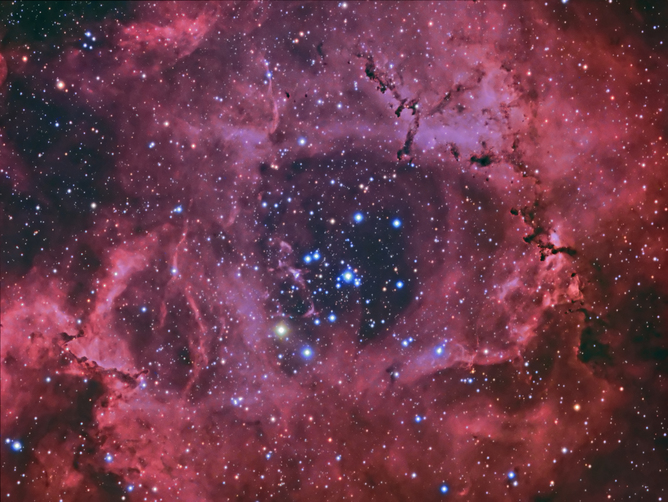By Jillian Scudder, University of Sussex
I am an astrophysicist. I run into a lot of people who are extremely curious about space, how it works, or what it is that I study in particular. Many of these questions begin with an apology: “Not to sound like an idiot, but …” or “Sorry if this is a stupid question”. It doesn’t have to be this way.
Quite often I hear: “Oh! I have so many questions! I’ve always wondered …” I get a lot of extremely interesting questions this way. Some of the questions are easy to answer. Some of them require a much more nuanced response, with a careful understanding of how technical I can make my reply. Some questions are about things I’ve never thought of before, and can only offer basic insight for an answer.
Ask without fear
One of the best things about coming into your own as a scientist is that you learn to let go of the shame that society often attaches to not knowing something. As a scientist, it is not the “not knowing” that bothers me. It is not wanting to fix that lack of knowledge that bothers me. I don’t know the answers to many things – but if I meet someone who might know the answer, I will certainly ask.
You don’t have to think of a “good question”, just ask the questions that are on your mind. Good scientists won’t judge your ignorance. I expect most people to know much less about outer space than I do – most people haven’t spent nearly as much time studying it as I have.
It is not a waste of my time to help you understand the universe. If you sincerely have a question, and have gone to the trouble of articulating it, most scientists will respect the question and the curiosity that has prompted to ask it. They will generally answer it as well as they can.
On a cautionary note – not every scientist is always going to be in the mood to answer questions about their work. If we are hunkered over a computer, typing furiously, with headphones in, it is probably not a good time. And not all scientists will have the skills required to break their subject down to the right level for any given query. But almost universally scientists like talking about the things they have spent so much time learning about.
Astrocurious Anonymous
I’ve got so many questions that I have launched a blog: Astroquizzical, where I write up the answers to the questions people had in longer form in the hope that it will be useful reading for other people. The blog is my contribution, an attempt to create a friendly and non-intimidating space for the public to ask questions. To that end, it even accepts anonymous submissions, so there is no way that I can figure out who submitted the question.
Society would be in a better place if we were less fearful of looking ignorant in the face of knowledge. Allow yourself to be curious and ask your questions. If someone makes fun of your question – ask someone else. If you get a good answer, great. You will have learnt something you didn’t know – say thank you to your temporary teacher.
Your questions are valid. You don’t need to be ashamed of not knowing things, especially things that people spend their lives learning about. So if you find a friendly person or venue where you can ask your questions and get satisfactory answers, make the most of it. You never know what you might learn.
![]()
This article was originally published on The Conversation.
Read the original article.



